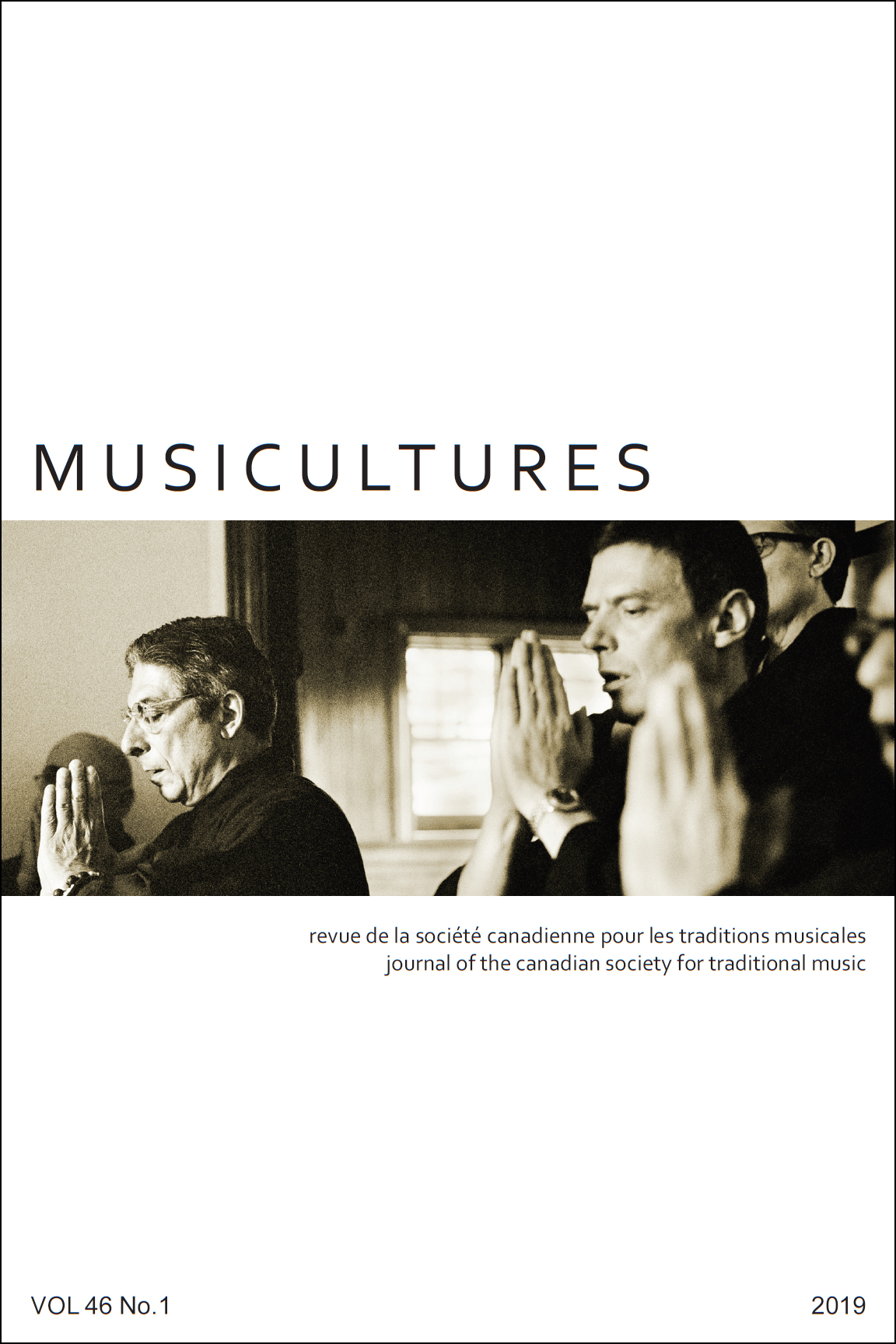Abstract
In ethnomusicological and popular music studies, scholarly accounts of cultural appropriation enacted by musicians have largely focused on white/black and settler/indigenous power imbalances. In this article, I turn to performances of intra-racial appropriation by Canadian rapper Drake. I argue that my conceptualization of “embodied Caribbeanization” provides a necessary framework to interrogate the distinct processes, mechanisms, methodologies, and negotiations by which Drake accesses Caribbeanness as a resource to perform his Torontonian diasporic subjectivity or “6ixhood,” albeit often at the cost of exploiting and rendering invisible salient embodied knowledges located within the archive of Caribbean music, dance, language, and vocality.
- The author retains copyright over the work.
- The author grants the journal owner (The Canadian Society for Traditional Music / La Société canadienne pour les traditions musicales) an exclusive license to publish the work.
- The author may post a pre-print or post-print version of the work (see definitions below) on a personal website for up to twelve months after the work is published in MUSICultures. After twelve months, the pre-print version must be replaced with the published version.
- The author may deposit the published PDF of the work in a non-commercial online repository twelve months after the work is published in MUSICultures, or any time thereafter.
- Any such deposit must include a link to the work on the MUSICultures website, e.g., https://journals.lib.unb.ca/index.php/MC/article/view/19996
A pre-print is a work-in-progress—a contribution not yet accepted, or perhaps even submitted, to MUSICultures.
A post-print is the version of a contribution after peer review and acceptance by MUSICultures, with revisions completed.
The published version is the PDF file of a contribution as it appears in MUSICultures.
Please note that academia.edu and ResearchGate.com are both for-profit repositories; authors may not deposit the published PDF of the work in these repositories until after the journal’s embargo period.
For permission to reprint or translate material from MUSICultures, please contact Heather Sparling, General Editor of MUSICultures (heather_sparling@cbu.ca).

